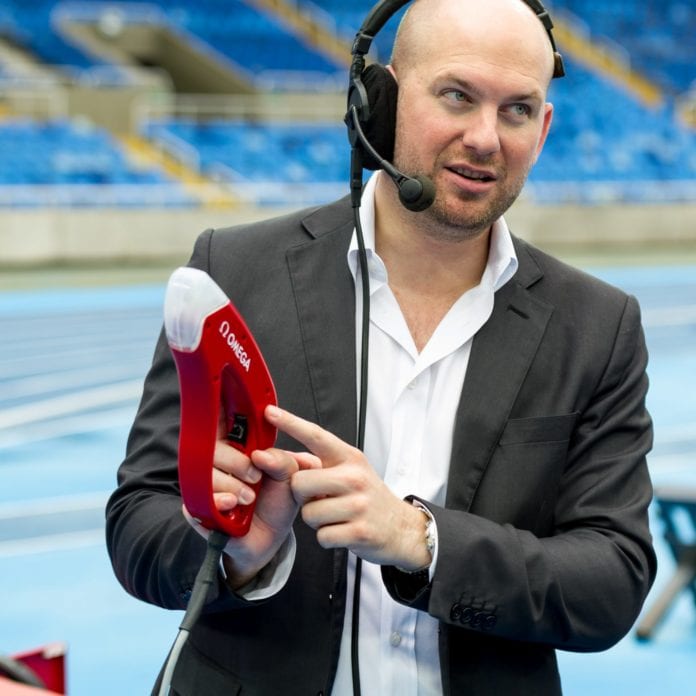Asia Pacific accounted for 42 per cent of the total installed base of smart water meters in 2018; its share will rise in the coming years as water utilities in China, India, Japan, and South Korea move from trials to large scale deployments, starting in early 2020.
Europe will emerge as one of the fastest-growing markets with compound annual growth of 33 per cent per year over the next eight years, driven by expanding regional low-power wide-area (LPWA) network coverage.
These are the forecasts from a new report into the global meter market for water utilities, from ABI Research. The firm says regional smart water meter deployments will grow significantly in the next years, along with demand for water-specific meter data management (MDM) platforms, presenting opportunities for MDM vendors.
Large-scale commercial rollouts of smart water meters are planned from a range of vendors, including Kamstrup, Sensus, Honeywell, Itron, and Holley Technology, said ABI Research. It reckons the total market for smart water meters will reach 400 million, globally, by 2026.
Pressure on utilities to conserve water, both for business and environmental reasons, are driving the rollout as well. MDM systems convert meter data into actionable insights. Complementary MDM and AMI systems enable utilities to offer more consistent and accurate billing to customers, as well as pinpoint where water is going missing.
But ABI Research said choice of MDM platforms, to work alongside automatic meter infrastructure (AMI), is not straightforward for water utilities, and comes down to their respective capacity for scalability and integration.
Harriet Sumnall, research analyst at ABI Research, said: “As in the energy sector, MDM platforms play a crucial role in the efficient use of a smart meter.It is vital for water utilities to be able to extract the most useful data from the smart water meters, as this is what ensures the meters reduce water wastage from leakages and water classified as non-revenue water.”
MDM vendors should ensure their platforms support multi-vendor implementations, or else “limit their competitive edge” by only integrating with specific vendors. “Energy MDM platforms can become unnecessarily complex due to vendors adding functionalities that are not necessarily required for the water market,” said Sumnall.
“The traditional energy MDM platform vendors such as Siemens and Oracle need to ensure they offer what the water utilities require for water data management, rather than just modifying the solution they already provide to the energy utilities. The MDM platform from Birdz, for example, addresses the unique requirements of water utilities by offering several predefined functions and alerts to quickly improve key performance indicators of a water utility’s distribution network.”

